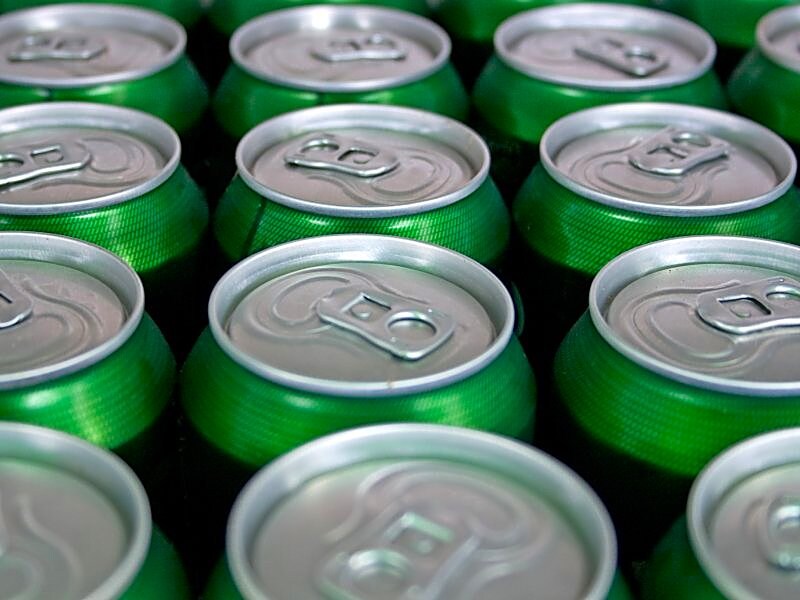
The amount of sugar bought by households in soft drinks fell by 10% in the year following the introduction of the UK's soft drinks industry levy, according to a study.
Research by the University of Cambridge found that the volume of soft drinks purchased stayed the same, but the amount of sugar bought in those drinks was 30g lower each week.
Introduced in April 2018, the 'sugar tax' imposed a levy on manufacturers - a higher tier levy of 24p on drinks with more than 8g sugar/100mL, and an 18p charge on drinks with more than 5g but less than 8g sugar/100mL.
Drinks with less than 5g of sugar/100mL were not taxed.
Researchers Estimated Purchases a Year Into the Levy
The study, published in The BMJ, analysed data from the Kantar Worldpanel, in which participating households were asked to record all food and drink purchases. It included around 31 million purchases of drinks, confectionery, and toiletries from March 2014 to March 2019.
Researchers compared soft drink purchases in March 2019 against an estimate based on pre‐existing trends of purchases that would probably have taken place if the levy had not been introduced.
They found that the volume of soft drinks in the highest tier had reduced by 155ml, or around 44% per household per week. That represented a reduction of 18g of sugar each week – a fall of around 46%.
For drinks in the lowest tier, the reduction was even more significant, showing a reduction in sugar of 12.5g – around an 86% decrease.
When they looked at drinks that were exempt from the levy, no change was seen in the volume bought. Some of these drinks were sugar-free, while some had increased in sugar content. The sugar purchased from these drinks increased by 15.3g, equivalent to around a 166% increase.
The combined effect meant that although there was no change in the volume of all soft drinks purchased, sugar content reduced by 29.5g per household per week, equivalent to around a 10% decrease.
"I think the industry has really done what was asked of them, and that was to reduce the amount of sugar in their drinks," said co-author Dr Jean Adams, from Cambridge's Centre for Diet and Activity Research.
At the same time, reformulation did not appear to have damaged sales. She told Medscape News UK that looking at share price and turnover, "those things don't seem to have been impacted too much, so it seems that they've been able to adapt without a big economic impact".
The authors acknowledge some limitations to their study, including only using data from purchases brought into homes.
Should Regulations Go Further?
In a linked editorial, authors from the George Institute for Global Health said the findings offered lessons for other countries exploring regulatory options to promote healthier diets.
They also argued that there was an "opportunity to strengthen regulation further" and could "include thresholds for taxation that lower progressively over time to encourage ongoing sugar reduction".
There might also be scope "to consider whether milk based drinks and fruit juices, which can contain high levels of free sugars, should also be taxed".
Dr Adams said: "in the long run, what we need to do is think about what different sorts of tax works best in different places".
BMJ 2021; 372 doi: https://doi.org/10.1136/bmj.n254 (Published 10 March 2021)
BMJ 2021; 372 doi: https://doi.org/10.1136/bmj.n463 (Published 10 March 2021)
"soft" - Google News
March 11, 2021 at 01:08PM
https://ift.tt/38tFQsk
Sugar Bought in Soft Drinks 'Fell 10% in Year Following Industry Levy' - Medscape
"soft" - Google News
https://ift.tt/2QZtiPM
https://ift.tt/2KTtFc8
Bagikan Berita Ini















0 Response to "Sugar Bought in Soft Drinks 'Fell 10% in Year Following Industry Levy' - Medscape"
Post a Comment